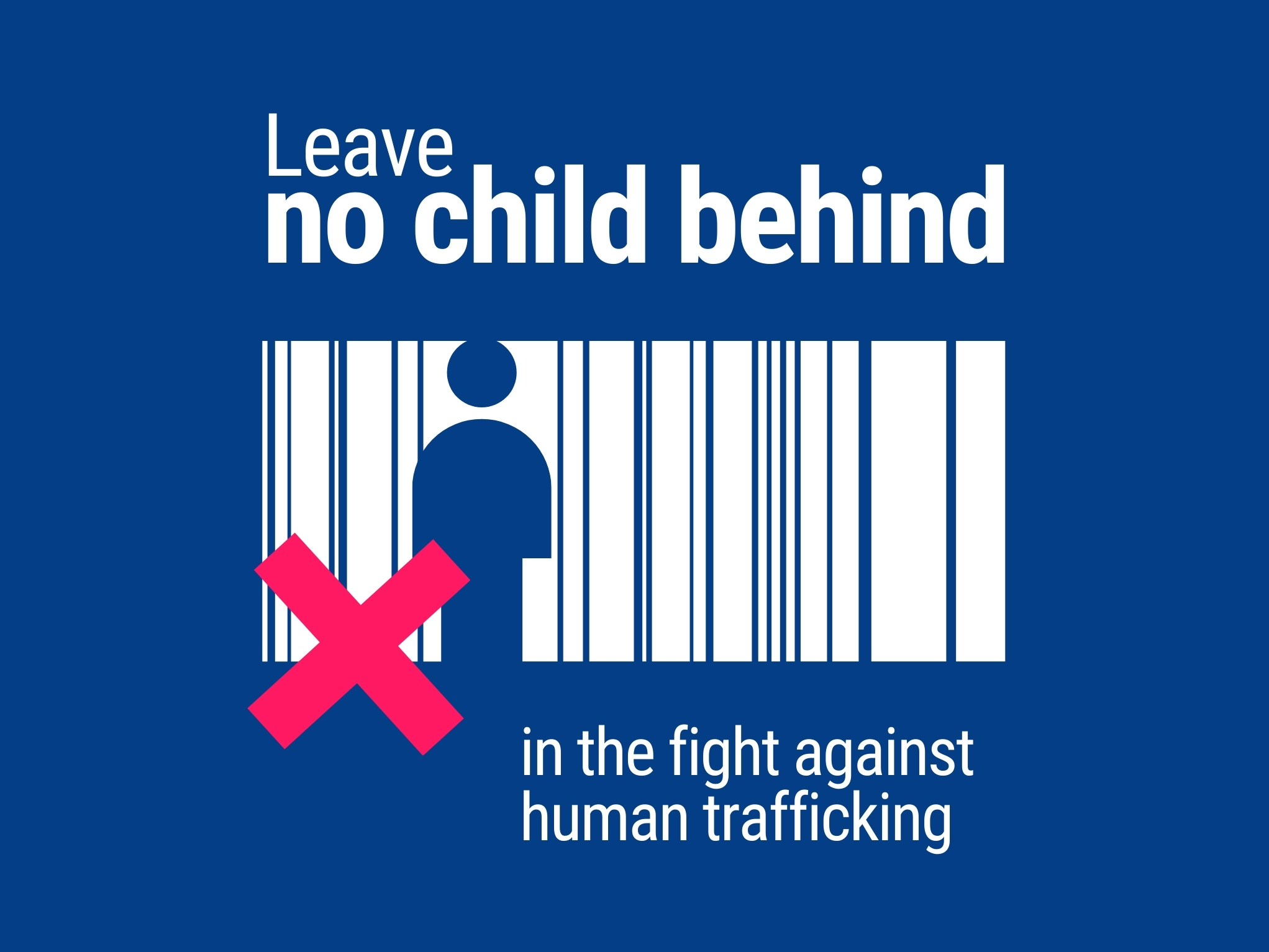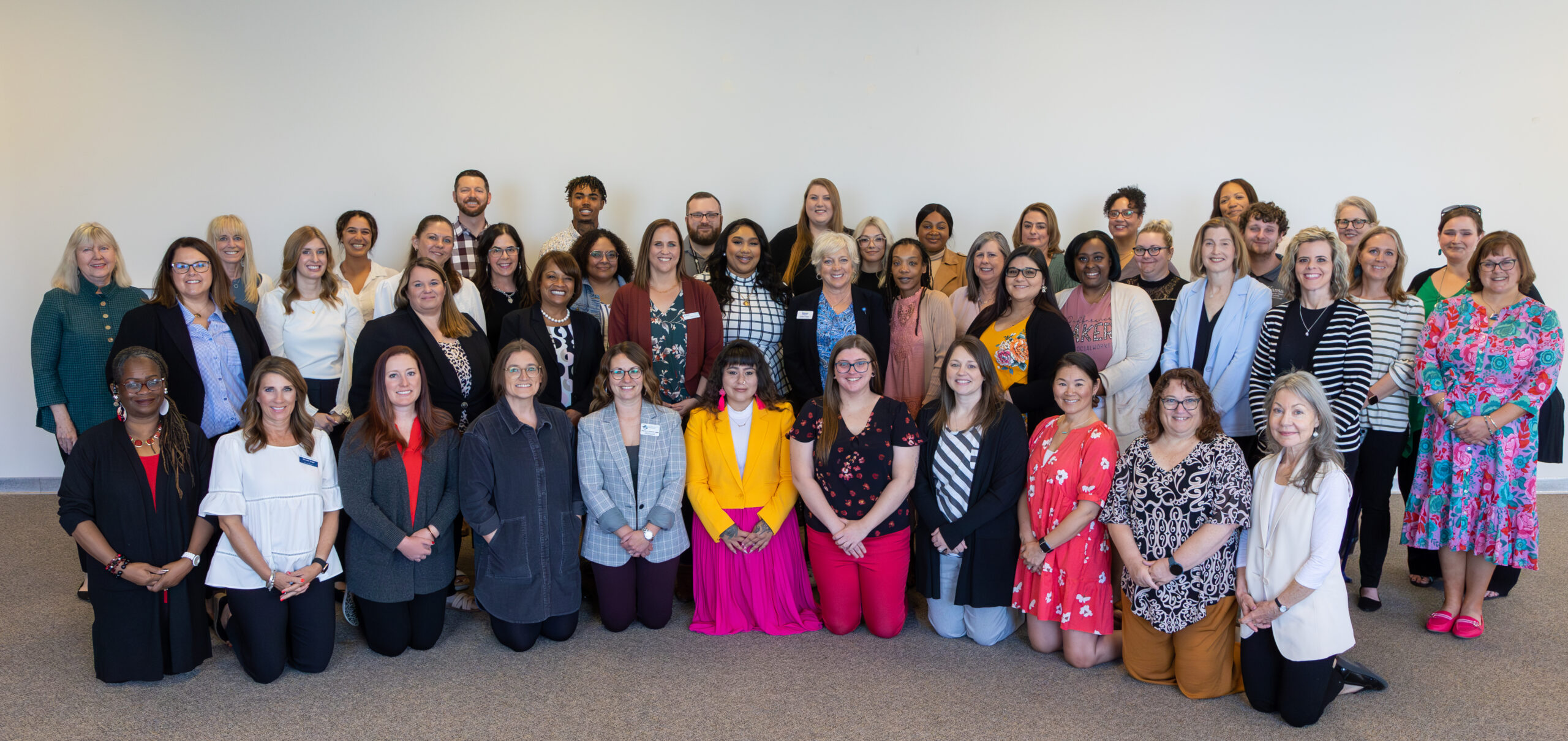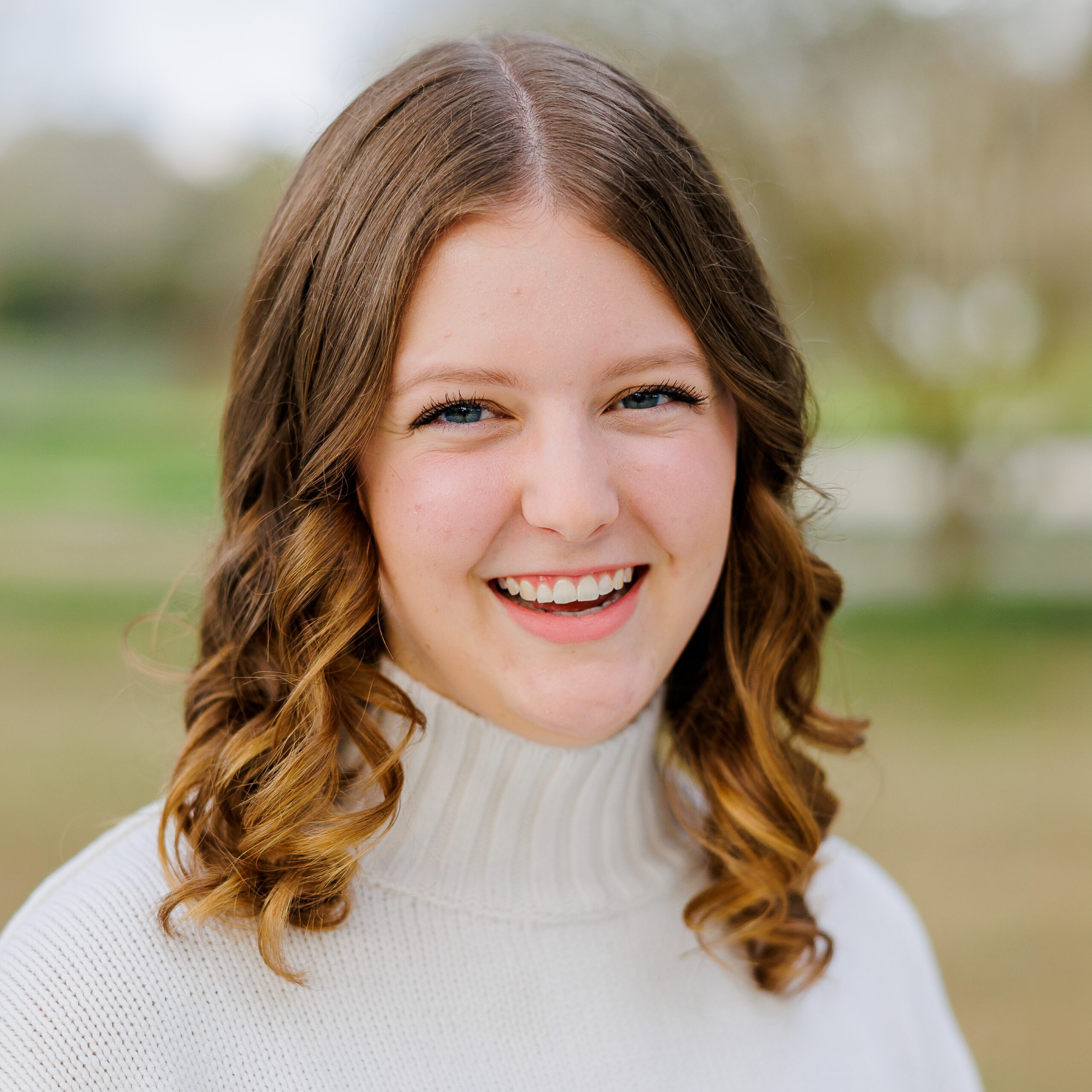For five years, it had been just the two of them. And they liked it that way. They traveled, spent time with friends, and had the time of their lives. But something inside him itched … and it wouldn’t go away, no matter how hard he tried to ignore it.
“When Jerone started talking about becoming foster parents, I said, ‘No, absolutely not. Not right now, I don’t want to do this.’ But he was very strategic and said, “Well, let’s just take the class.’”
Within nine months of their first class on foster parenting, Jerone and Valerie Hunter earned their license and received their first placement, a troubled 16-year-old boy coming from a bad situation.
“I was nervous, but how could I say no?” said Valerie. “But then we met him and saw that he was so hurt, so traumatized. Yet, he was such a wonderful human being. That’s when Jerone and I agreed that we would treat every youth who enters our home with respect. They will never feel like foster kids in our house.”
Jerone knows firsthand how scary foster care can be for a young person. As a youth, he spent a brief time in out-of-home placement, and that experience helps guide him as he in turn guides the young men who pass through their Wichita door.
“We take high-needs youth,” he said. “I was a troubled teen, so when I think of high needs, I think of someone who’s been through some traumatic things. I also think of youth who don’t always have the cognitive ability to make good decisions. So, for me, it’s a challenge. I ask for the kids that they have a tough time placing, and then I ask myself, ‘How can I help this kid? More importantly, how can I help him find stability and self-efficacy?”
It’s an attitude and a strategy that has helped make Jerone and Valerie Hunter such successful foster parents to high-needs boys and adolescents. They help the youth they foster rediscover hope and self-worth through structure, mutual respect, and heavy doses of patience. And they make sure that no one feels like a foster kid.
“When you’re in a foster home with biological kids wearing nice, new clothes, and you’ve shown up with a trash sack full of worn, dirty clothes with holes in them, that affects self-esteem,” said Valerie. “So, we always make sure they have nice clothes when they come to our house, even if for a day or two. We have bins full of clothes, and we make sure they get brand new underwear and socks, along with a shower, and clean washed clothes. We care about their self-esteem because how they feel about themselves will affect their quality of life into adulthood.”
Building that self-esteem also involves patience, something of which Jerone seems to have an endless supply.
“I have seven youth in my house, which means seven youth from different backgrounds and experiences,” he said. “They need someone to be patient with them, to help them become the young men they can be. It’s not easy. There are tough days, believe me. I have days where everything ends peacefully at 8 p.m., and days when I’m up until three or four o’clock in the morning. But parenting isn’t supposed to be easy. So, I have patience. Eventually, they see that that no matter how hard it gets, I’m right here. I’m not going anywhere.”
After four years of fostering high-needs youth, the Hunters have no intention of going back to their old life. The experience has helped them grow closer as a couple and affected each of them deeply as a person. They’re even making sure the house they’re building has extra bedrooms and plenty of outdoor space for play and exercise to better accommodate the youth in their care. For both, fostering has made them more understanding of the challenges others face, particularly birth parents.
“I have a tendency to judge and to jump to conclusions,” said Valerie. “But because we work so closely with birth parents and see their situations, I’ve learned that there are so many vantage points in life. Life is not black and white. It’s mostly gray, and that has been eye-opening for me.”
“We’ve had 7-year-olds come into our house and think they’re adults because they’ve had to be adults at home,” adds Jerone. “We had 11-year-olds tell us they don’t have a bedtime because they must take care of their sister. That breaks my heart. So, our job is to not look at them as foster kids, but to treat them simply as kids, to let them be young. These are youth who just need someone to help them, to take care of them until it’s okay for them to go back home or transition into adulthood. I wish more people understood that.”
Jerone Hunter currently works at Saint Francis Ministries as a practicum student, along with working on his Master’s degree in Social Work. He’s scheduled to graduate in May 2023. Dr. Valerie Hunter, DDS, serves as the Dental Director at Hunter Health in Wichita. They are the Saint Francis Ministries’ Foster Family of the Year.





